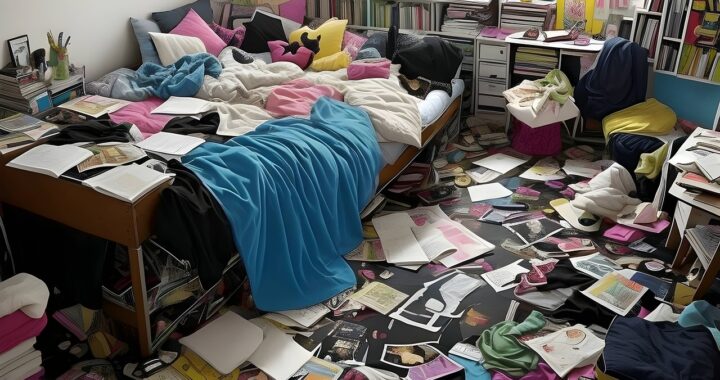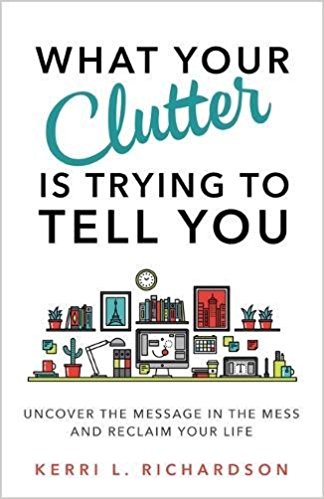Introduction: As we traverse the journey of life, it’s commonplace to amass an array of possessions – photographs evoking nostalgia, clothes once cherished, or kitchen gadgets seldom used. This habitual collection of items, while seemingly innocuous, often leads to a desire for more space, prompting moves to larger abodes every decade or so. But what if the secret to a fuller life lies in the art of living with less?
The Case for Decluttering: Clutter, a seemingly benign presence in our homes and digital spaces, has far-reaching impacts on our mental well-being and productivity. It’s linked to diminished creativity, heightened anxiety, and even physical symptoms like allergic reactions. The minimalist movement, rooted in the 1960s art scene, now presents a compelling lifestyle choice, advocating for the reduction of consumerism and the prioritisation of life’s essentials.
Joshua Millburn and Ryan Nicodemus of ‘The Minimalists’ encapsulate this ethos as a tool “to rid yourself of life’s excess in favour of focusing on what’s important — so you can find happiness, fulfilment and freedom.”
The Psychological Impacts of Clutter: Our purchasing decisions, often driven by emotional triggers, lead us to assign sentimental value to objects, making it harder to part with them. This accumulation can cloud our focus and impede information processing. Studies, including those by Princeton University and researchers in Los Angeles, have highlighted the stress and performance deficits linked to cluttered environments.




